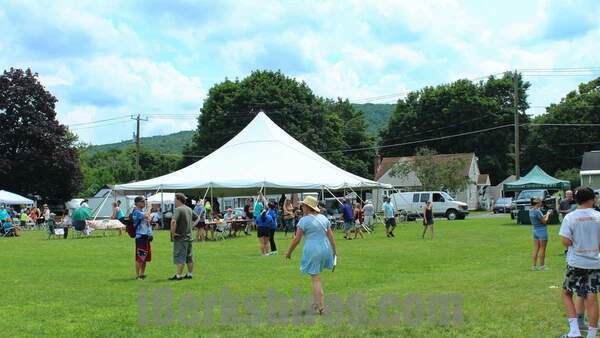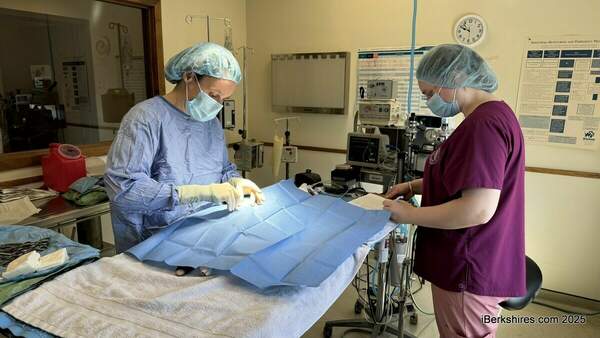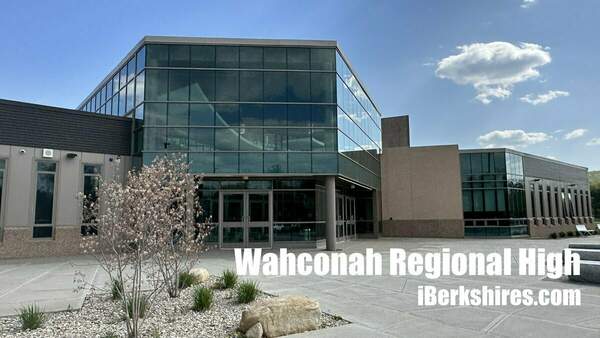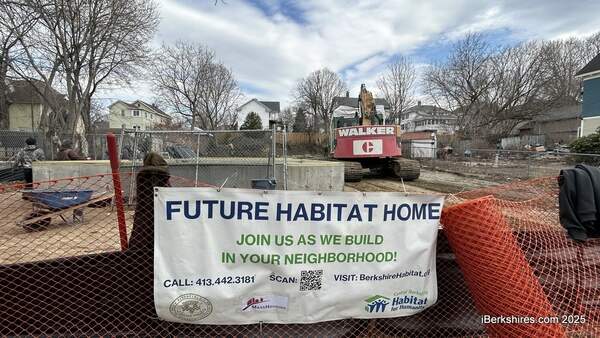PITTSFIELD, Mass. — The Berkshire Conservation District announced the receipt of grant funding from the Commonwealth of Massachusetts Executive Office of Energy and Environmental Affairs (EEA), Division of Conservation Services, Healthy Soils Program to increase the use of no-till seeding methods along with soil testing by farmers throughout western Massachusetts.
The District purchased an Esch 12' no-till seeder which they have been renting to area farmers since 2019.
With this funding, the District is now able to waive the per-acre fee as well as the cost of soil testing. Applicants agree to a multi-year agreement involving annual soil testing and no-till planting. This approach prioritizes soil health and protects soil and water resources from the impacts of climate change by helping to reduce soil erosion, conserve water, improve soil health and decrease carbon release.
The Berkshire Conservation District is collaborating with the Hampton/Hampshire Conservation District, which recently purchased a 5'6" no-till drill, to offer two sizes of no-till drills to farmers in western Massachusetts making the program more accessible to farmers of large and small acreage.
"Farmers are excited to have access to new pieces of equipment that can seed fields faster and more efficiently. The Berkshire Conservation District has the ability to listen closely to what is needed and respond directly, building relationships with the agricultural community that will contribute to more resilient farming practices," said Ambrose Clausen, the District's Healthy Soils/No-Till Program Coordinator.
Other District programs focus on increasing and improving habitats for pollinators, including helping Berkshire towns pass Pollinator-Friendly Community resolutions, financial incentives for farmers to add pollinator habitat on their farms and our fall Native Plant Sale. More information on all programs can be found at berkshireconservation.org/programs.
The Berkshire Conservation District is a state-mandated agency whose mission is to support local agriculture and environmental sustainability in Berkshire County through education in cooperation with the USDA Natural Resources Conservation Service.
For more information and to be part of this exciting program, contact the District's No-Till Coordinator at bcdnotill@gmail.com.
| If you would like to contribute information on this article, contact us at info@iberkshires.com. |















